In the world of cinema, twists are moments when the audience expects one thing but something entirely different happens on screen. These turns can amplify drama or shatter expectations. When done right, twists become the pinnacle of a film, allowing viewers to revisit it with a completely new perspective.
A twist is not just a plot turn, it’s a powerful tool that reshapes the perception of both the movie and the viewer.
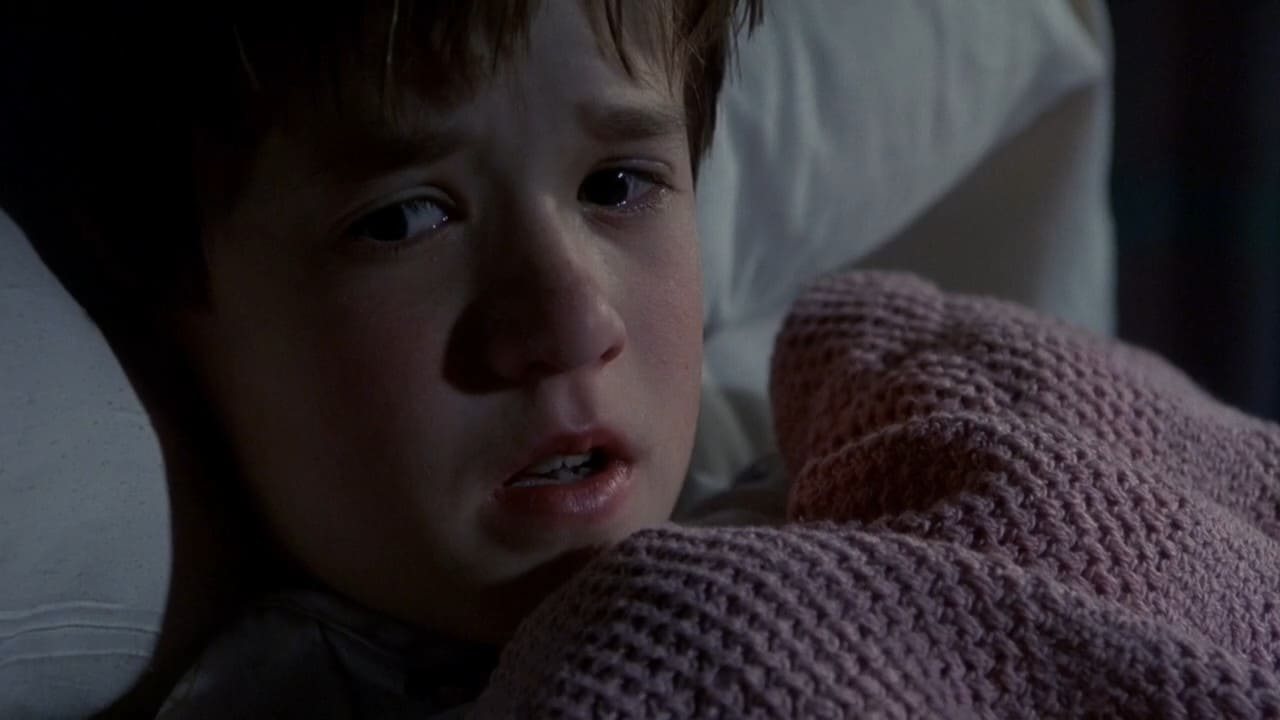
The Sixth Sense (1999)
What is a Twist?
A twist is an unexpected turn of events that can completely transform how a movie is perceived. Take the iconic The Sixth Sense (1999), when the audience realizes [spoiler alert!] that Dr. Crowe (Bruce Willis) has been dead the entire time, it not only confirms that Cole (Haley Joel Osment) truly sees dead people but also redefines the entire narrative. This twist doesn’t just surprise, it forces the audience to reconsider everything they’ve seen up to that point. Suddenly, early scenes take on a new meaning, making the story richer and more compelling. Every moment and detail, once overlooked, becomes part of an intricately designed plan.
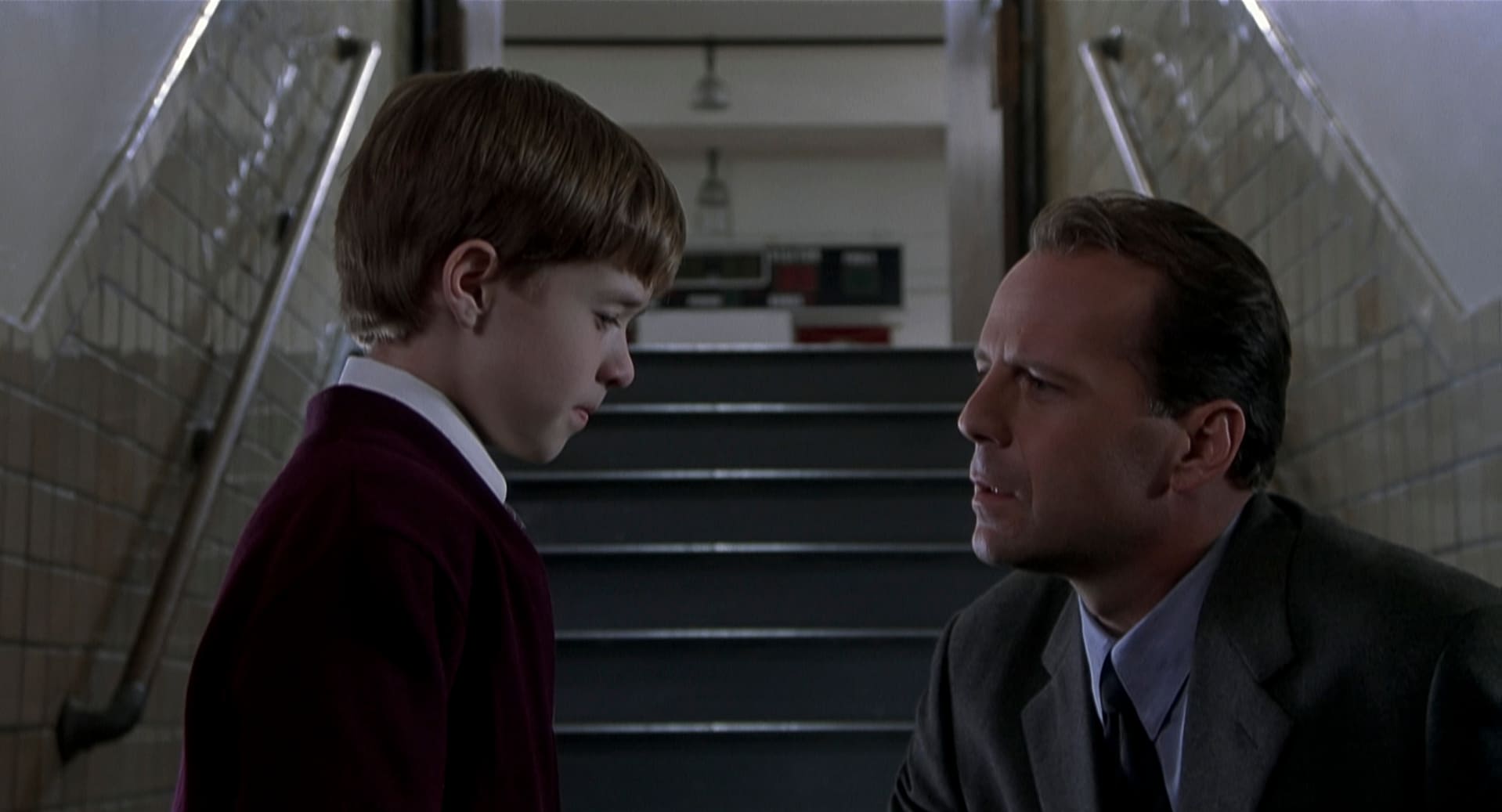
The Sixth Sense (1999)
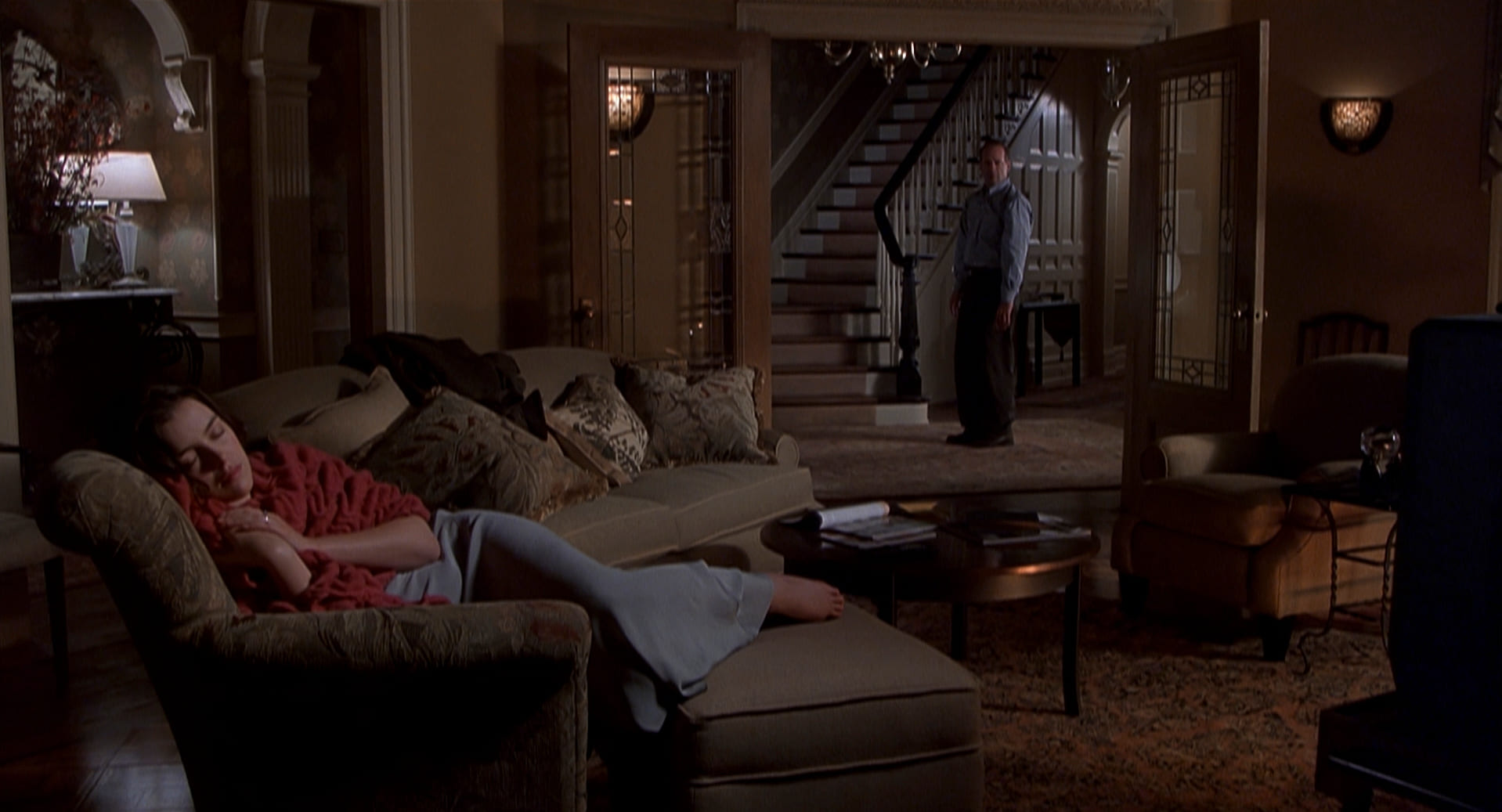
The Sixth Sense (1999)
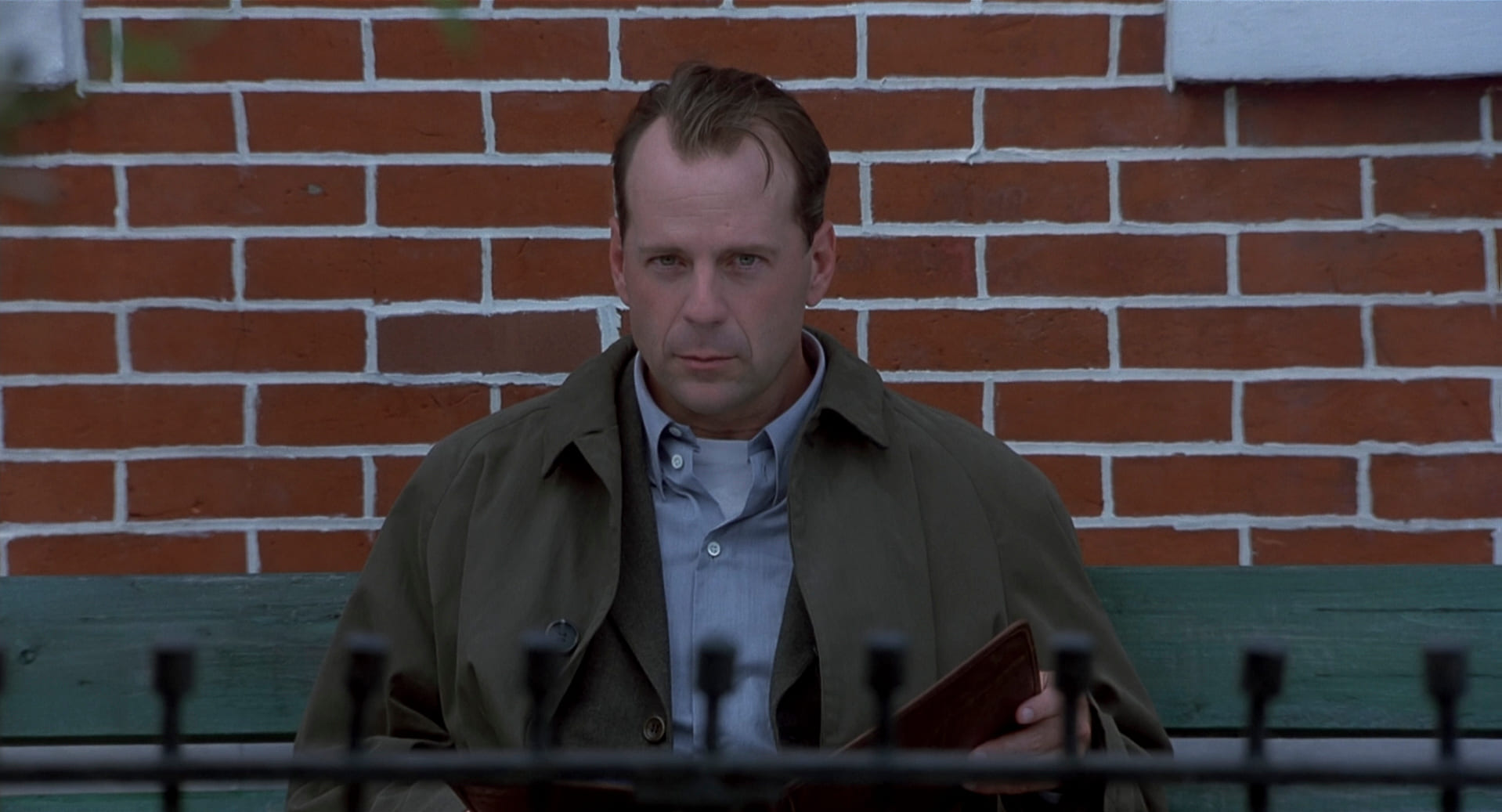
The Sixth Sense (1999)
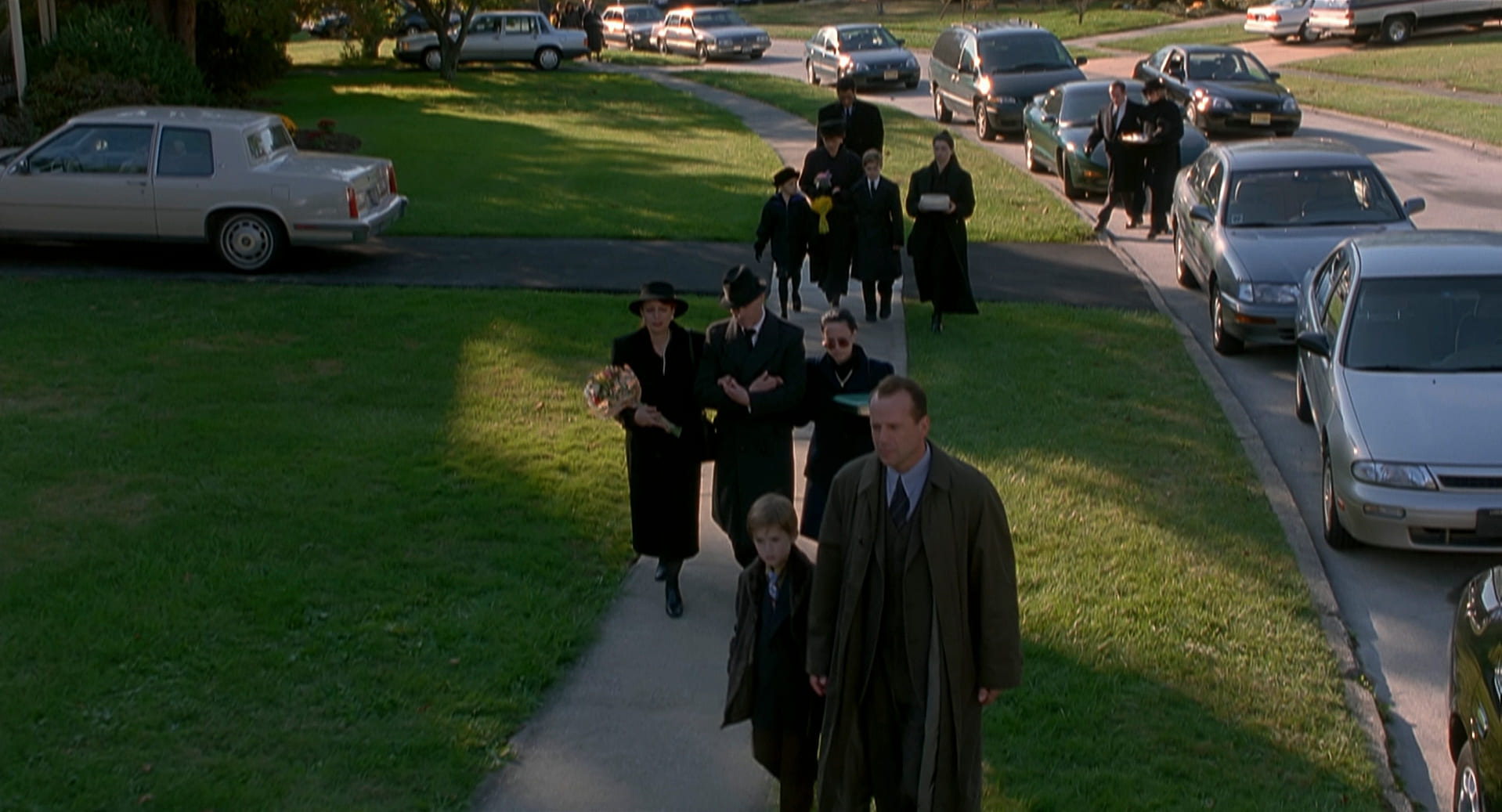
The Sixth Sense (1999)
False suspense: playing with expectations
False suspense is a technique where the tension built during a scene doesn’t pay off in the expected way. It’s an intentional tactic to disorient the audience and heighten the impact of unfulfilled expectations. In Se7en (1995), David Fincher masterfully manipulates suspense. In one pivotal moment [spoiler alert!], Detective Mills seems close to catching the killer, but it turns out to be a deliberate move by the criminal to further his plan. The false suspense here leads to a culmination that doesn’t just shock, it forces the audience to reassess the story and its characters through a moral lens. This is Fincher’s mastery at work.
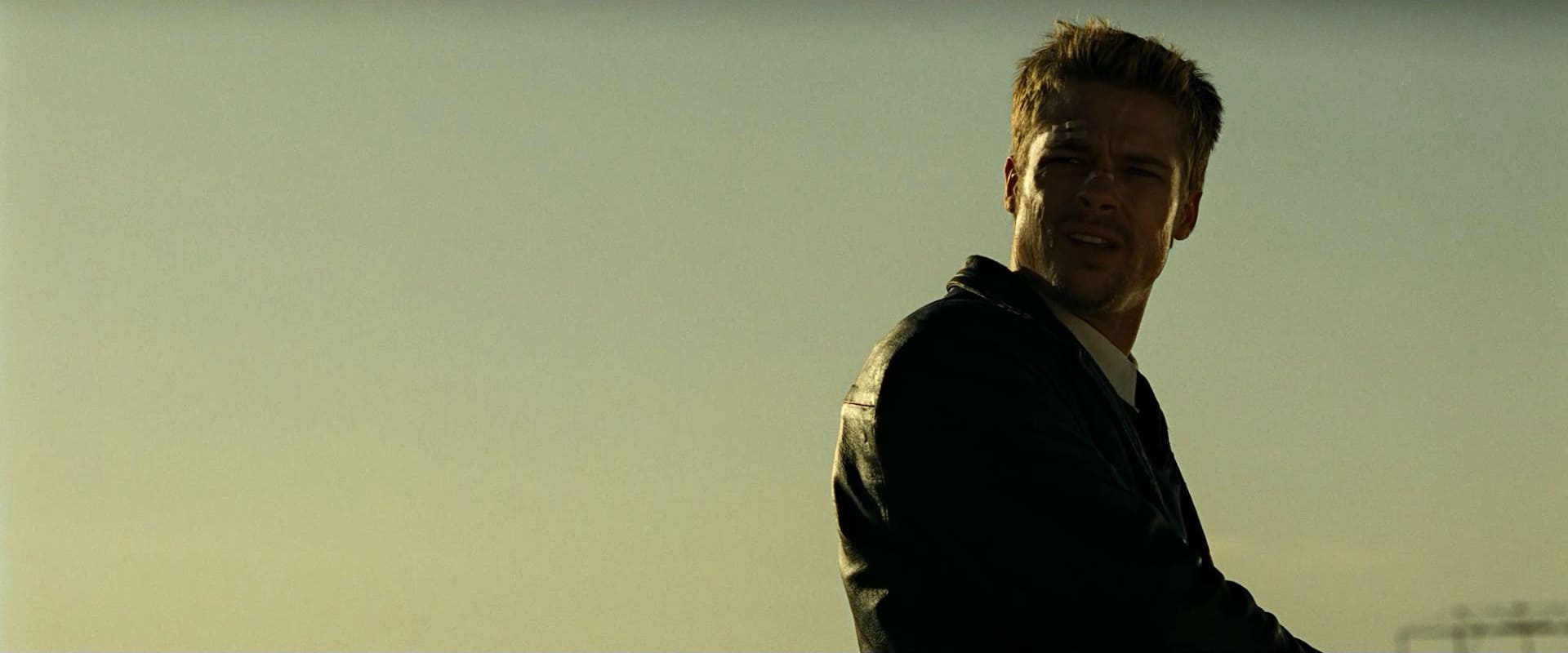
Se7en (1995)
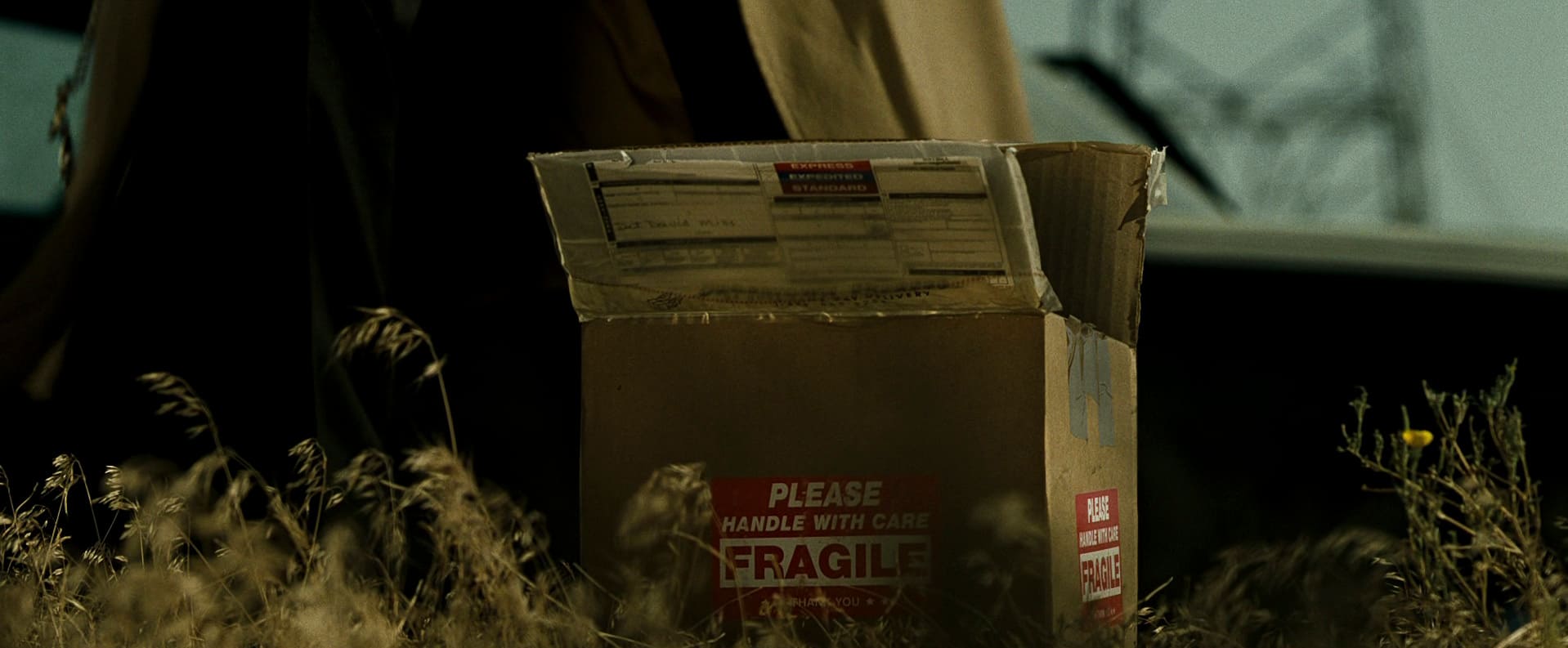
Se7en (1995)
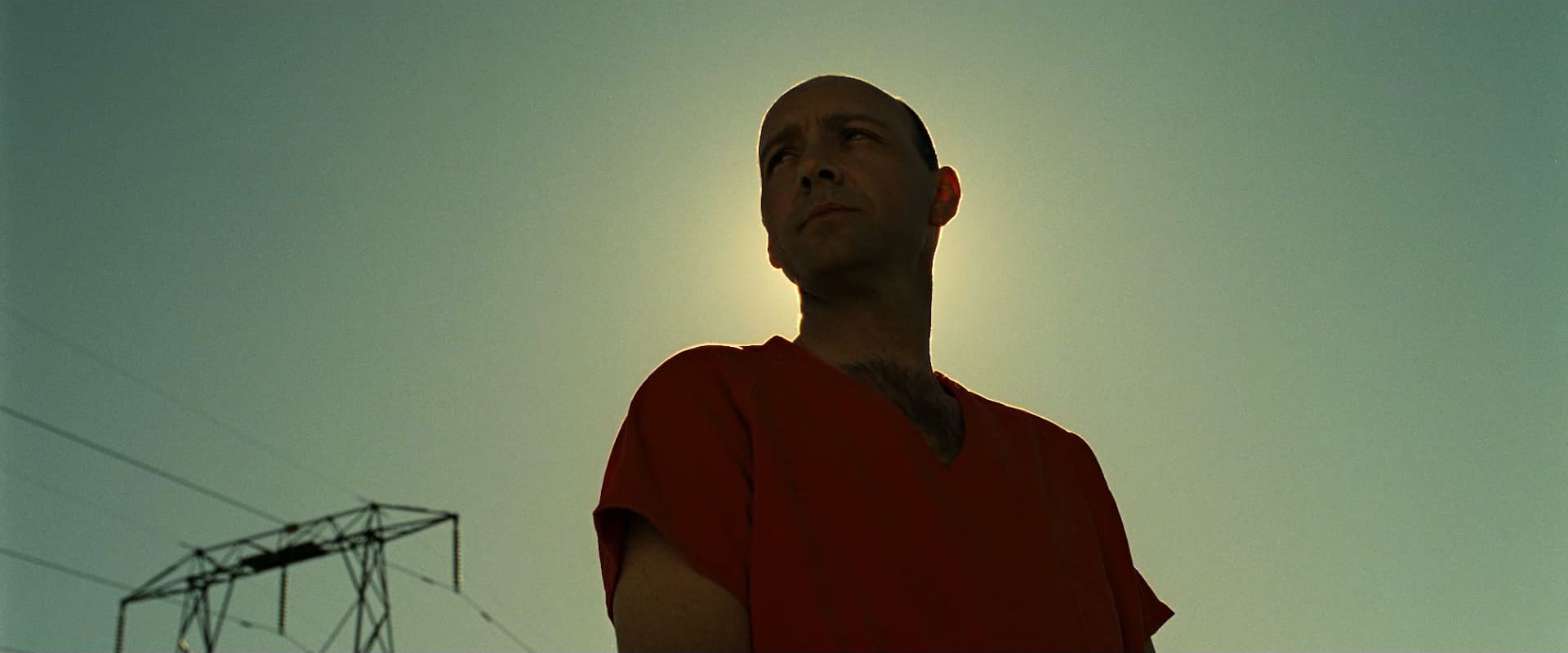
Se7en (1995)
Another example of false suspense can be found in The Prestige (2006), where the audience anticipates the final revelation of the magician's secrets. Instead, the movie continuously deceives, with every answer raising new questions. Each twist pulls viewers deeper into the story, making them realize they’ve been misled all along. This manipulation keeps the film gripping and ensures every turn feels fresh and unexpected.
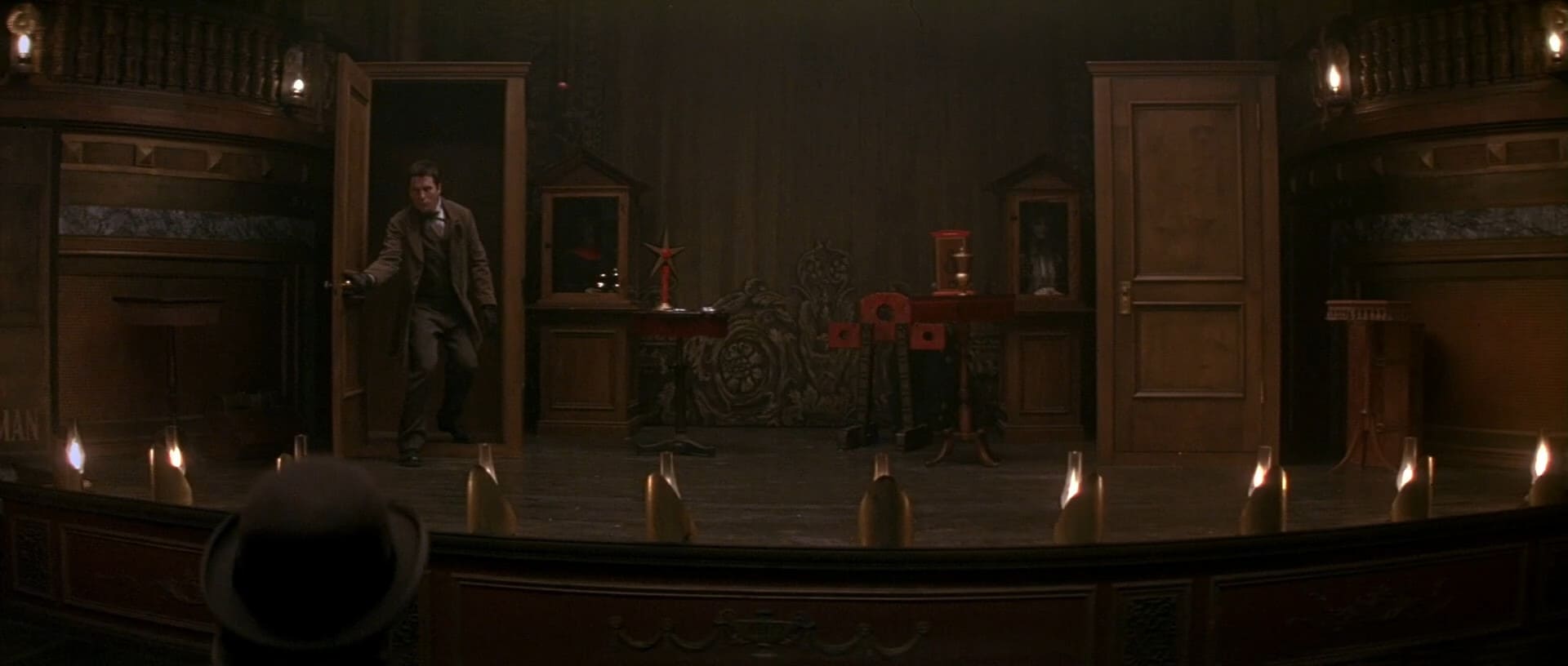
The Prestige (2006)
David Fincher's mastery of twists
David Fincher is a true master of twists. In his films, each plot turn is not only unexpected but also deeply meaningful. In Zodiac (2007), the entire story hinges on the audience's anticipation. It feels as though we’re on the verge of uncovering the killer's identity, but ultimately [spoiler alert!], despite all the tension, the mystery remains unresolved. Here, Fincher uses the twist not as a shocking moment but as a philosophical dilemma: we may never know the truth. This makes the film truly haunting.
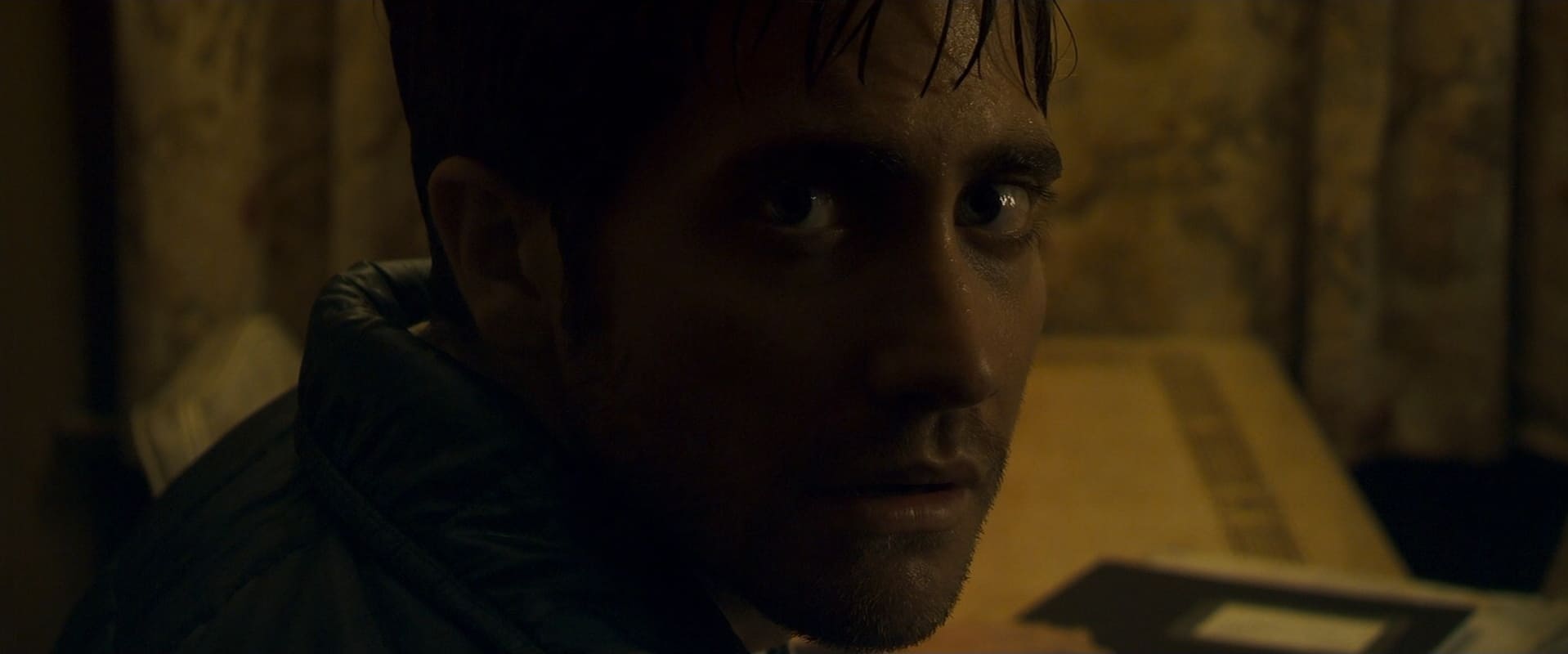
Zodiac (2007)
A classic example of false suspense occurs when Jake Gyllenhaal’s character believes he’s found the potential killer. Another standout example is Fight Club (1999), where the major twist reveals that the characters we perceive as separate individuals are, in fact, one and the same person.
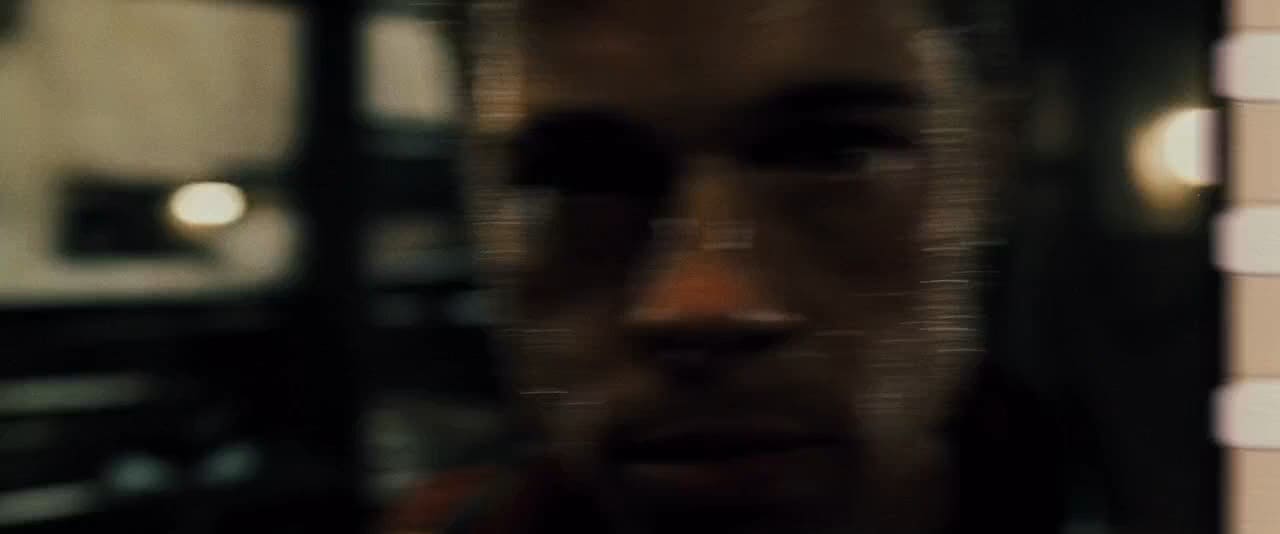
Fight Club (1999)
Why twists work
Twists work because they flip the audience's conventional understanding. They offer a fresh perspective on everything seen before. When the twist’s true nature is revealed, the viewer feels cleverly deceived, yet experiences a profound shift in perception. This is the moment when cinema transcends storytelling, challenging viewers to reexamine reality and elevating the art form to new heights.
A new perspective on cinema through technique
Twists, false suspense, and other manipulations of expectations allow viewers to engage with cinema in a whole new way. By studying the techniques directors employ, audiences can learn to decode not only the movie itself but also the mechanics of filmmaking. Every scene and frame takes on a different dimension when we realize that even from the earliest moments of the movie, we’re shown only part of the truth, with each technique subtly shaping how we perceive the story.
Understanding how and why twists happen enables a deeper appreciation of movies, unveiling not only their narrative structures but also the philosophies they convey. These techniques make cinema not just an art form but also a mirror reflecting the most profound aspects of human nature.
From the Amber&Key team, we recommend these top movies with unexpected twists, in addition to those mentioned in this article:
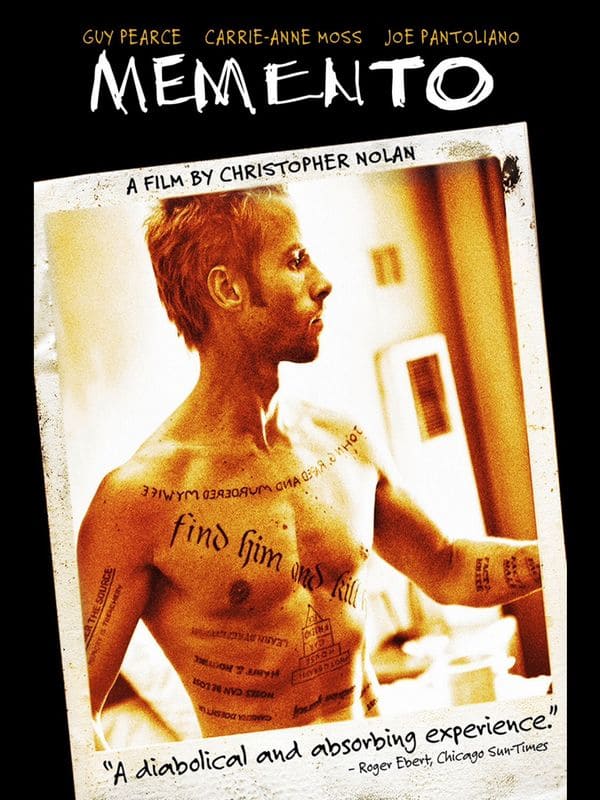
Memento (2000)
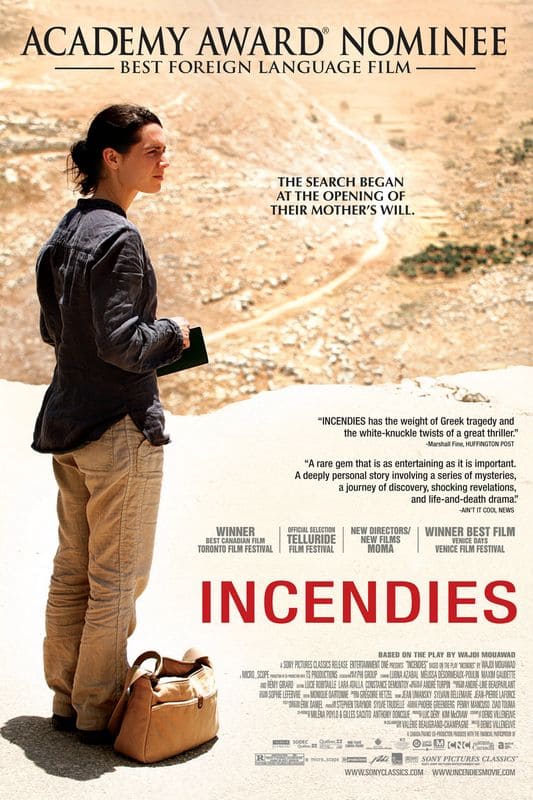
Incendies (2010)
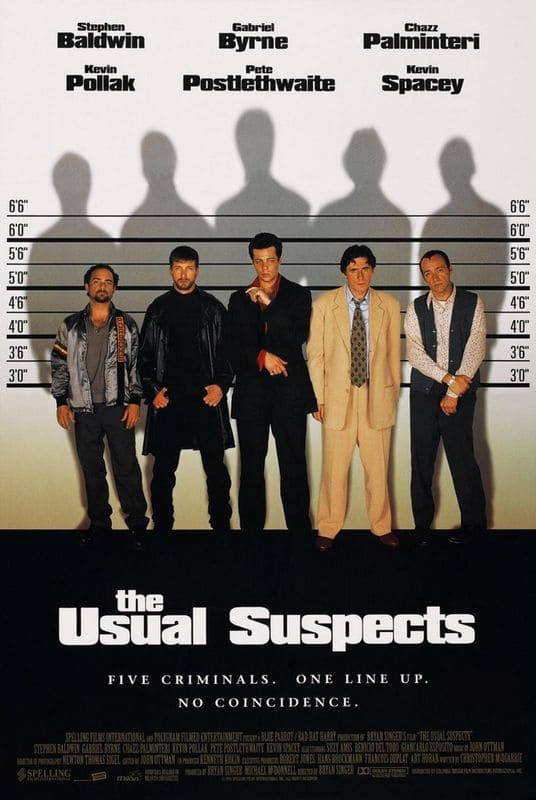
The Usual Suspects (1995)
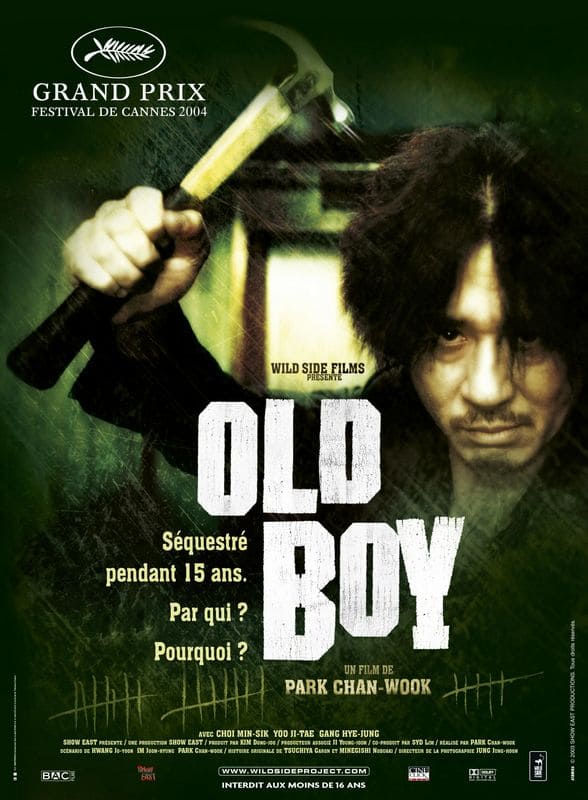
Oldboy (2003)
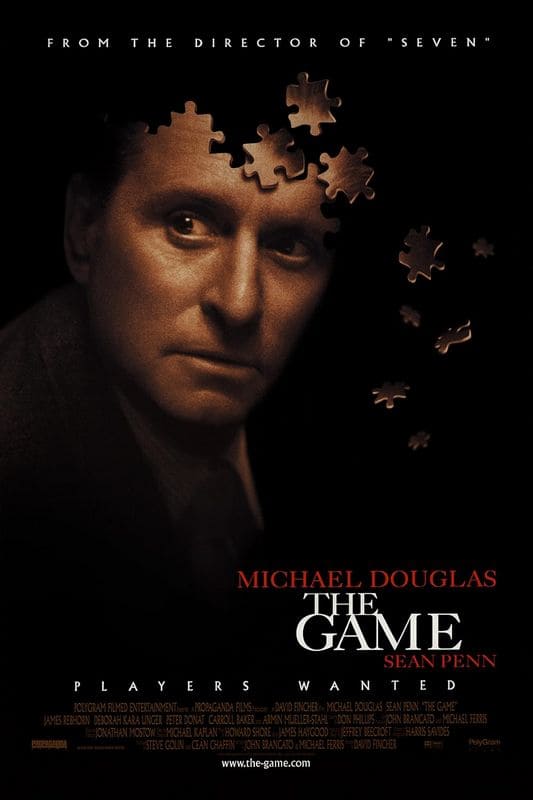
The Game (1997)
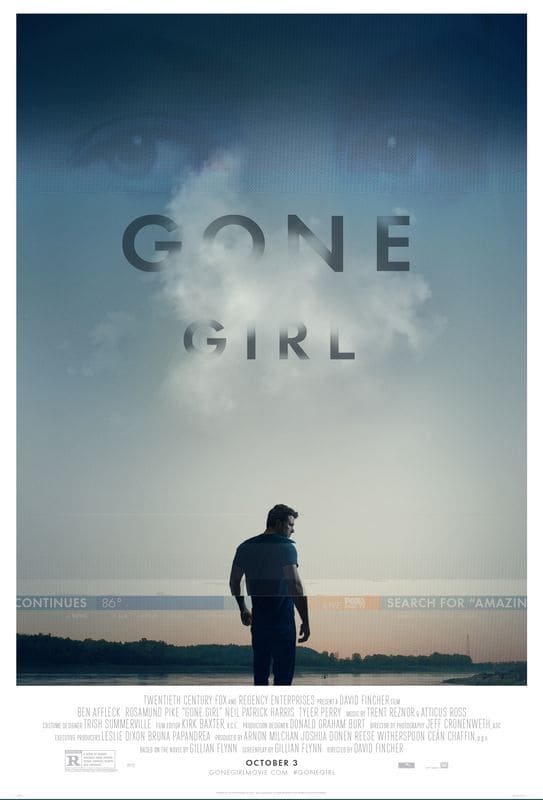
Gone Girl (2014)
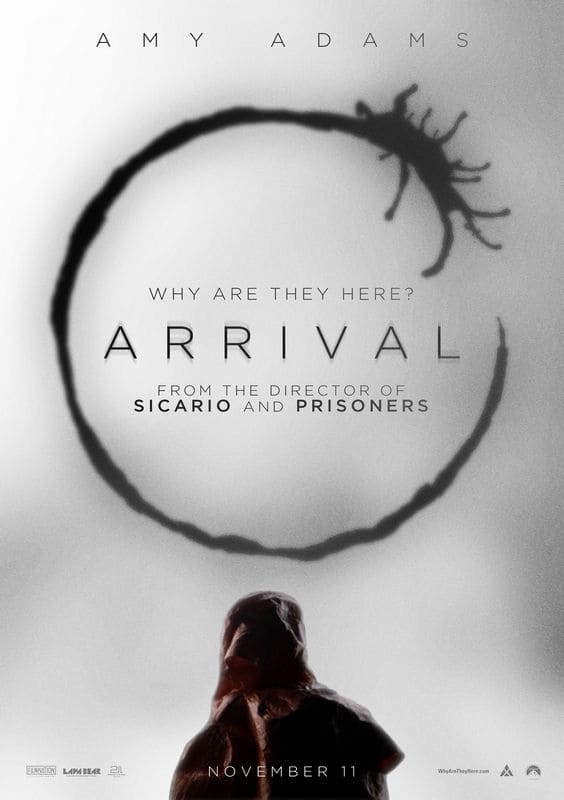
Arrival (2016)
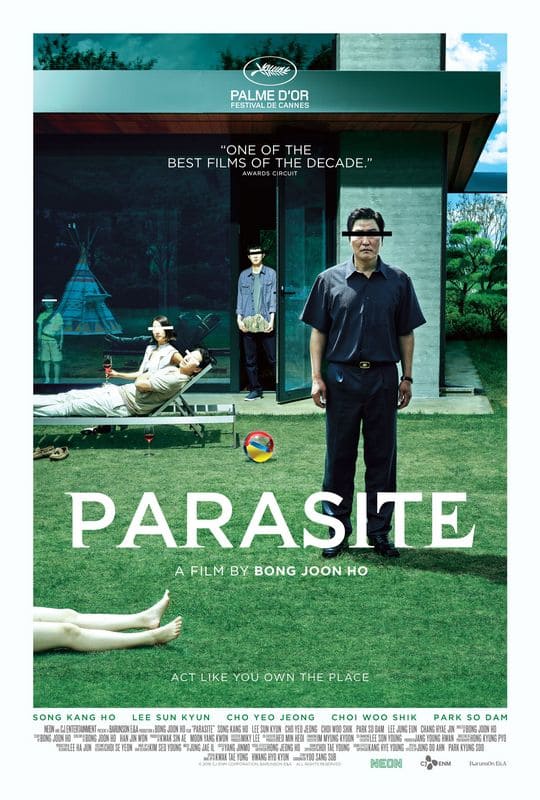
Parasite (2019)

Shutter Island (2010)









































































































